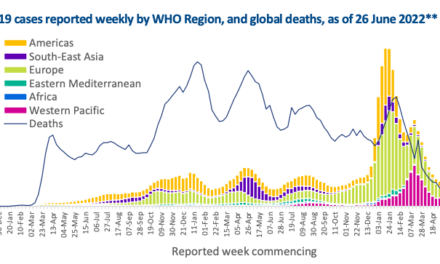In a recent discussion, health experts highlighted the pressing concern of declining fertility rates in India and stressed the urgency for comprehensive strategies to address this issue. Factors such as urbanization, education, and women’s empowerment were underscored as crucial considerations in tackling this demographic challenge.
A study published in The Lancet revealed a significant decline in India’s total fertility rate over the decades, plummeting from 6.18 in 1950 to 1.91 in 2021. Projections suggest a further decrease to 1.3 by 2050 and a startling 1.04 by 2100, indicating a critical demographic shift with far-reaching implications.
Dr. Rachita Munjal, Senior Consultant at Birla Fertility & IVF, Gurugram, emphasized the multifaceted nature of factors influencing fertility rates. She noted that besides education and contraceptive prevalence rate, evolving social norms favoring smaller families and women’s increasing participation in careers over motherhood contribute to the declining trend.
Various other factors, including rising obesity levels, stress, smoking, pollution, and unhealthy lifestyles, were also cited as contributors to infertility, further exacerbating the fertility decline.
Dr. Nisha Bhatnagar, Medical Director at Infinite Fertility, highlighted the broader implications of dwindling fertility levels on public health and society at large. While advancements in reproductive technology, such as egg freezing, offer personalized solutions to infertility, they are not panaceas for overarching population trends, she cautioned.
“Egg freezing has become a recognized technique for maintaining fertility, especially for those who choose to delay having children for personal or professional reasons,” Dr. Nisha explained.
However, the experts stressed the importance of holistic public health policies that address socioeconomic factors like urbanization, education, and women’s empowerment. They advocated for increased awareness campaigns to promote informed family planning, along with supportive maternity and paternity policies such as paid leave and childcare support.
Furthermore, financial incentives such as childcare benefits were proposed as additional measures to improve fertility rates across the country.
As India grapples with the complex dynamics of declining fertility, concerted efforts from policymakers, healthcare professionals, and society as a whole are essential to mitigate the demographic challenges and ensure a sustainable future.












